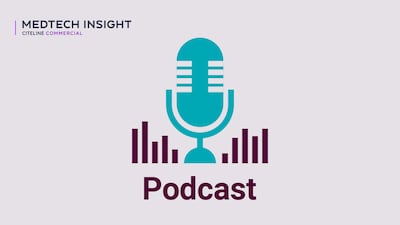Atrial fibrillation (AF) is the most common form of cardiac arrhythmia. Some five million people worldwide—half of them in the US—suffer from this often-imperceptible disorder characterized by rapid and uncoordinated beating in the upper chambers of the heart. This rhythmic disruption, caused by a malfunction in the heart's electrical conduction system, was long thought to be nothing more than a nuisance, but it is now linked to an increased rate of stroke, congestive heart failure, and other problems.
Drug therapy aimed at stabilizing the heart is only modestly effective—patient response varies widely, and side effects are common. The only cure for AF is to block aberrant electrical signals...







